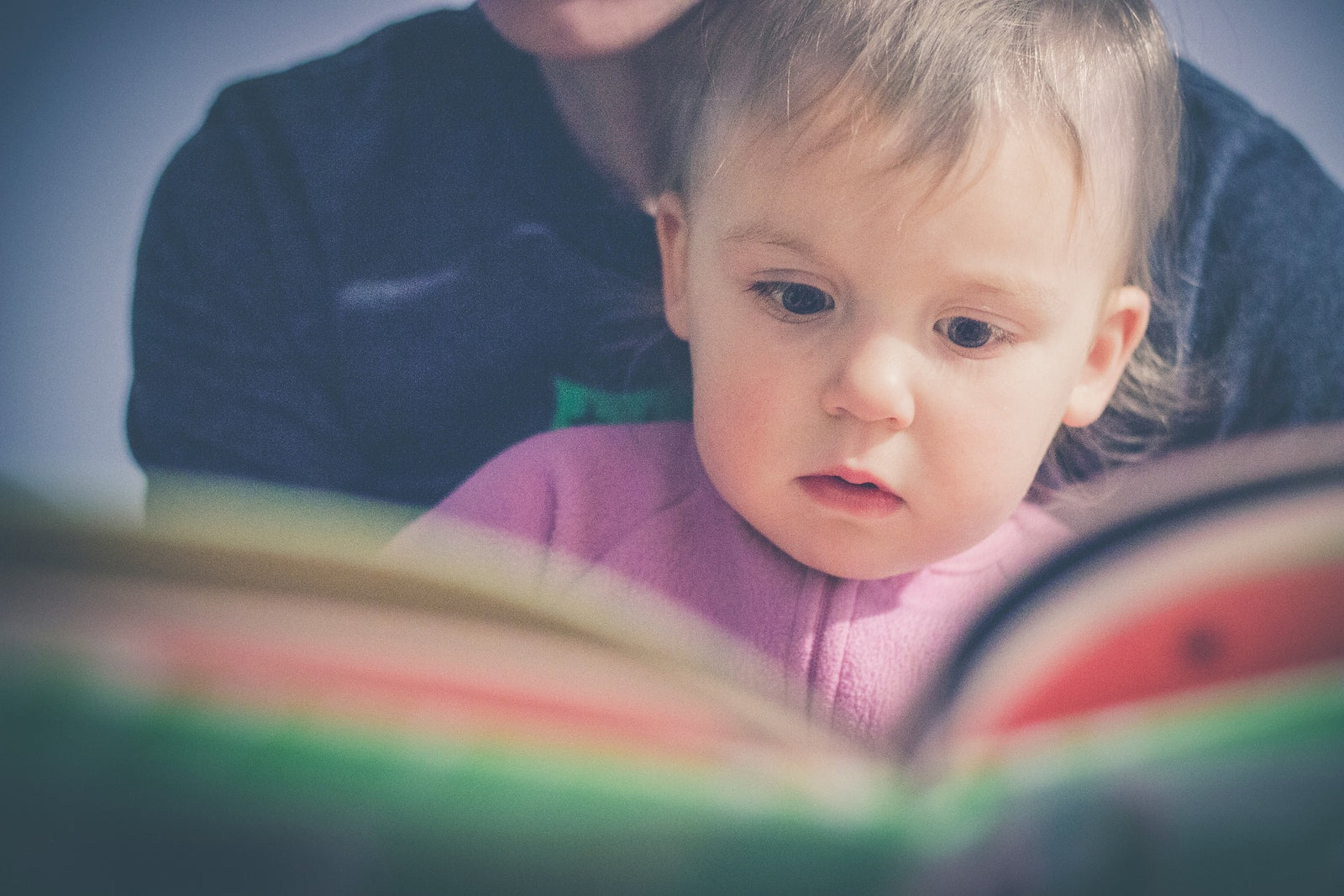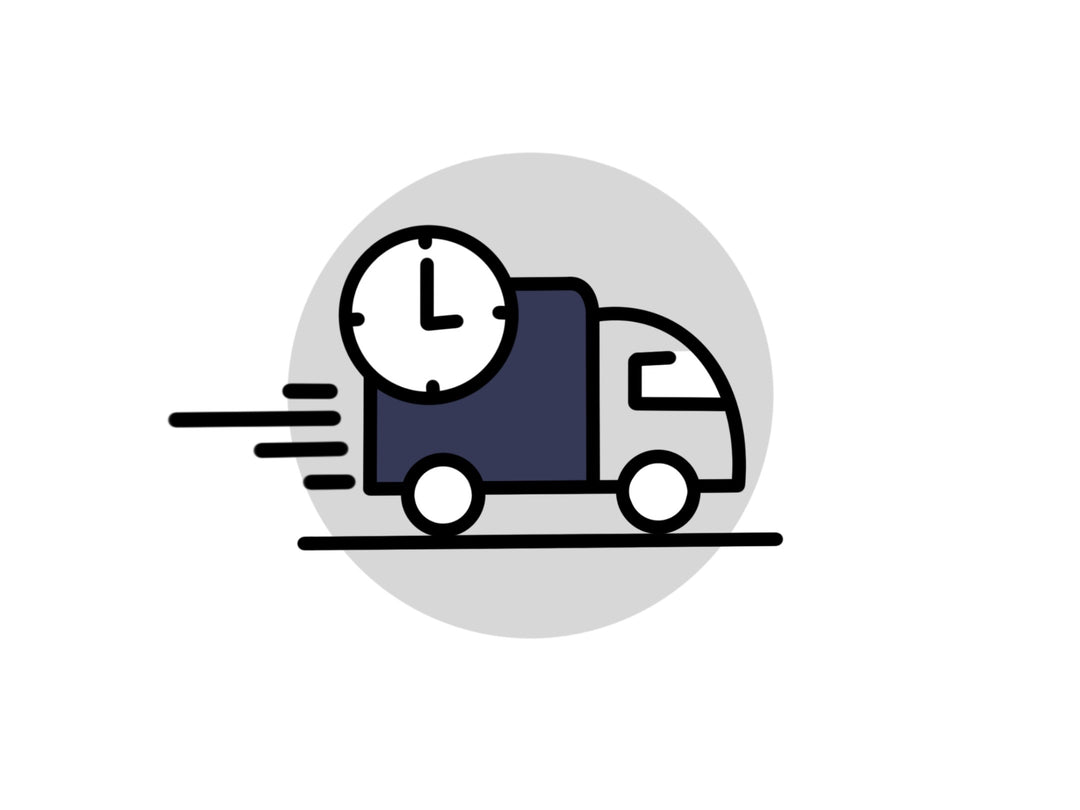A Quick Intro to Montessori for Babies

We only want what's best for our little ones, and with that being said, applying the proper practices for development and growth is ideal, even at a very early age. One thing that many parents are unaware of is that you can begin Montessori principles even right after birth.
Montessori principles aren't only for toddlers, preschoolers, and older children. When you practice these ideas with babies, you help build their development and skills, allowing them to absorb knowledge early.
Parents who practice Montessori principles with their little ones find that using Montessori baby mats, called topponcinos, helps create a cozy environment for their children. If you're curious to learn more about this, read on. We'll give you a quick look at Montessori principles for babies.
Why Should We Start Montessori Principles with Our Baby?
There are so many ways to incorporate Montessori ideas into your baby. It all begins with how you hold, touch, and talk to your baby. Additionally, it's also how you set up their environment at home and how you respond when they try to communicate with you.
A baby's mind is an incredible sponge that takes in all the impressions they can absorb. With that being said, they can take in all the good impressions easily and the bad. It's best to create a wonderful environment for your baby, so you can communicate with them properly and lay out essential foundations in their development.
How Do You Communicate with Babies?
When you speak to an infant, talk to them as you would with a toddler or kid in school. Even at an incredibly young age, you'd be surprised with how well they understand what you're saying even when they can't answer back yet.
Here's what you can do:
- Ask your baby simple questions like, "Do you hear the dog?";
- Show them things, like flowers, toys, and colors;
- Let them know what's happening, like "We're going out to the park.";
- Speak to them with rich languages, such as the real names of trees and flowers;
- Respond when they're trying to communicate;
- Repeat the sound they make;
- Read books to them;
Finally, before interacting with your baby, always ask permission before you handle them. For example, if you're going to change their clothing, let them know that you will do so. You will eventually form a habit of asking their permission, and you'll find that they will respond when they're ready.
What Materials Should I Use to Encourage Montessori Learning?
1. Natural Materials
At a young age, babies are already conscious and curious about the materials around them. With that being said, expose them to different natural materials, such as wood, rubber, paper, and even fabrics.
2. Less Is More
You don't need to shower your baby with all the toys in the world; in fact, less is more. Consider getting a Montessori baby mat, or topponcino, and other simple Montessori baby toys available in your space. This way, they can learn to choose when fewer things are available, allowing them to explore the world around them.
3. Observe Your Baby to Know What They Want
The best way to know what your baby needs is by offering toys and seeing how they respond. If they're grasping at a rattle, show more things they can hold. When they love to pull, give them more space to pull more items towards them.
The Bottom Line: You Can Start Teaching Montessori Principles to Your Baby
When you start teaching your baby Montessori principles at a very young age, you encourage them to interact with their surroundings more, help them communicate, and encourage free movement. Montessori materials can help elevate their experience and foster curiosity.
Are You Looking to Introduce Montessori Principles ASAP?
The Topponcino Company offers high-quality infant security pillows, called topponcinos, made from all-natural cotton. Our baby mat can help you handle your baby with ease, create a cozy environment for your baby, and even encourage tummy time.
Help your baby transition to life outside of your womb. Check out our Topponcinos today!
Want to learn more? Check out our other Guides & Articles ->












